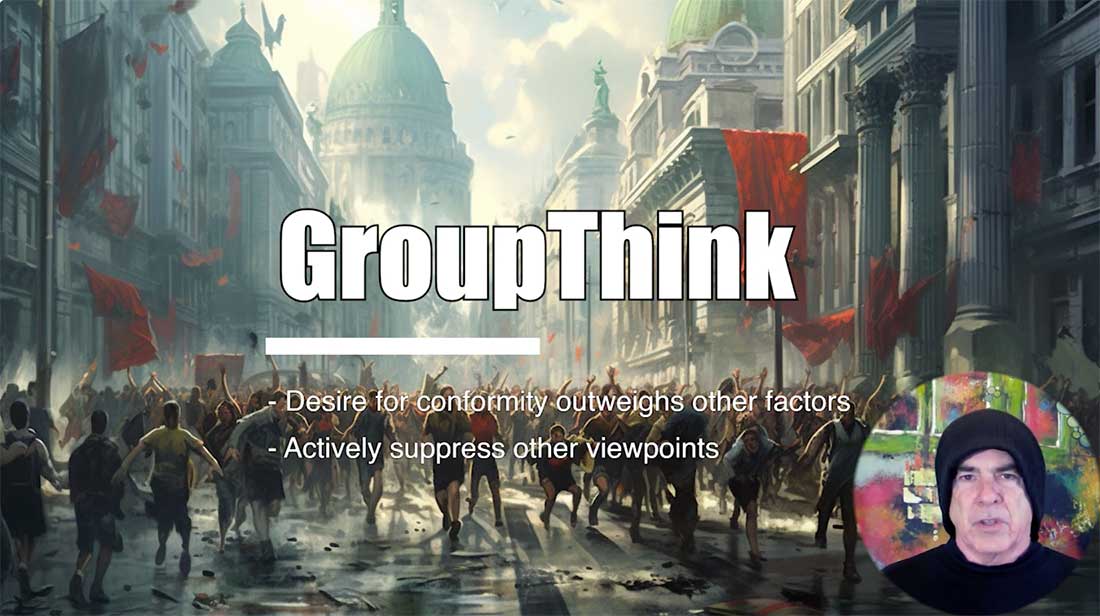
"Feel Good" Cognitive Biases that Can Ruin Your Sports Betting
The series on Cognitive Biases in sports betting concludes with biases that make us feel good while subtly undermining our best efforts at earning a profit.

Downtown Ricky Brown
July 10, 2024
Table of Contents:
1. Action Bias
This bias is the tendency to act when inaction would be more effective. You'll see people experiencing a long losing streak, and rather than pausing to reflect and possibly adjust their model, they keep forcing bets.
A classic example of an "action junky" is three-time World Series Poker champ Stuey Ungar. This guy was a savant at poker, gin rummy, and card counting at Blackjack. He could do it all. But he couldn't sit still and enjoy his winnings from card games. He'd win a gin rummy tournament and immediately blow the money at the craps table or a horse race. He needed constant action, which cost him millions of dollars in the long run.

2. Bandwagon Effect
Bandwagoning is the tendency to follow the crowd mindlessly. It's related to Groupthink and Herd behavior. You'll see this effect in social media when a group starts emoting, confidently shouting the same slogans and talking points as they march in lockstep against an actual or perceived enemy.
The problem with jumping aboard bandwagons in sports betting is that there's a false sense of security when haplessly following the crowd. It feels like a dopamine hit to mind-meld with popular opinion and go with the flow rather than sticking to your analysis in the face of a defiant majority.
People don't like to be wrong or look stupid, especially in public. So, they will often seek the comfort of group consensus. If they're wrong, they can rationalize: "Well, I was wrong, but so was nearly everybody else, so I'm not the only idiot."
But, if you're going to succeed in sports betting, you have to learn to stick to your convictions and play the contrarian when necessary.
3. Groupthink
Like the Bandwagon Effect, Groupthink is a psychological phenomenon that occurs when the desire for conformity outweighs rational thinking. Again, you'll see this bias a lot in social media groups. Members will seek to reach a consensus above all else to the extent of ignoring or suppressing alternative viewpoints.

Authority Bias occurs when people regard authority figures' opinions too heavily. "Touts," with narratives, ala sports announcers and tipsters, are the worst offenders. Authority figures who are decisive and self-confident are natural influencers. But you have to know the track records of these so-called experts before you let them influence your picks. Often, they'll know less than you do if you've done your homework.
Positive Aspects of Cognitive Biases
This concludes the four-part series on Cognitive Biases. Remember, though they may appear negative overall, they do perform a function. Cognitive Biases can help people navigate everyday, repetitive situations faster, leading to quicker decision-making, so they're not all bad. Nonetheless, it helps to beware of them lest they sneak into your decision-making process and negatively affect your sports betting decisions.
Cognitive Biases in Sports Betting Series:
- Introduction
- Confidence Biases
- When the Data Fools You
- Biases that Distract Us
- Feel Good Biases
